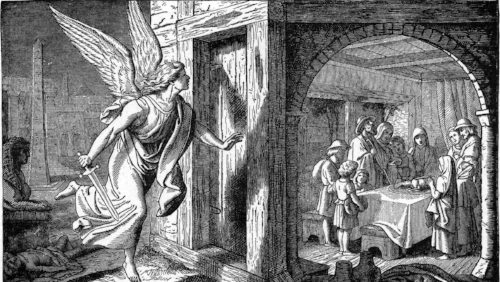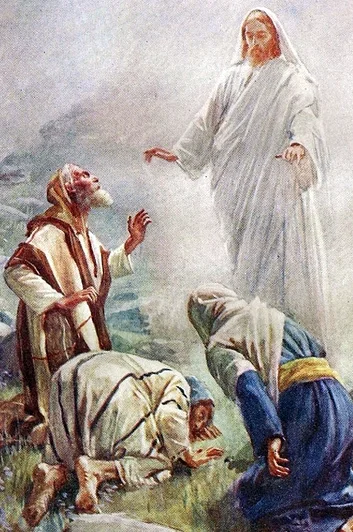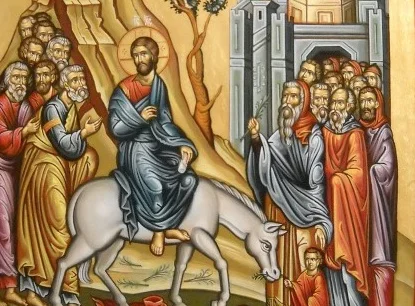Here we present some historical and textual context to from the book of Amos, and see it's message of social justice still (sadly) applies in the present. We ask what fire will fall in our lives if the acts of inhumanity to man continue to be perpetrated not just out there, but in here, within the community, within the household of faith?
A concubine cut into pieces: Her severed remains FedEx-ed around the country (Judges 19:29)
Note: Yes, we are aware that Fed-Ex did not exist in the Iron Age. Really? That's your biggest problem with this card?
During the testing phase of this game someone came across this card and freaked out. The person was offended, indignant, opened a Bible, and then became horrified. "I think I'm more upset reading the Bible than your card."
The person was hurt by silence. That there is no condemnation in the text for what happened. No one says this is wrong.
This chapter of Judges is far, far worse than our 12 word summary, which only captures a moment in a dismal narrative of racism, betrayal, gang rape, and murder which occur long before this poor woman is dismembered. This passage is one every pastor, priest, and parent hide from fledgling follower of the faith, and every atheist apologist knows by heart in order to rail against the former. Both miss the point.
This is The Book of Judges: a book which, in part, records the moral decline of a nation. A book whose heroes become less heroic, less moral, as time marches on — compare Deborah, Ehud, and Gideon, to Samson, Jephthah and Abimelech. A book that repeats some version of the phrase, "in those days there was no king in Israel: every man did that which was right in his own eyes," especially towards the end, as things get worse and worse. (c.f. Judges 17:6, 18:1, 19:1, 21:25) So in truth, it should be no surprise that here, nearing the end of the book, we have this scene.
Not every tale in the Bible displays what is morally correct; some stories exist to condemn the horrific through silence, without commentary from the characters, the narrator, or God. The hearer/the reader knows that even if the foreboding words of missing kings was absent (19:1), no one who survives an encounter with this text needs an Aesopian moral at the end: an appearance of Moses, Jesus, or a South Park character, to tread upon the editorial stage and declare to the audience, "God thinks this is bad and you should too!"
In her book The Nakedness of the Fathers, the Jewish theologian/poet Alicia Suskin Ostriker places the judge Deborah in a modern-esque setting, leading a women's support group. While recounting stories from the Torah and this episode from the book of Judges and, Deborah explicates the silence:
"We are speaking of Jews not gentiles. Remember that among Jews these stories are not heroic but scandalous. A symptom of social chaos, when men forget to obey God as their Lord and King, and therefore fall into abominations.
For us it is tragic when women suffer."
No one in the story speaks up for the woman or comments on how she was abused. This is another biblical sign of how morally bankrupt the nation was, not an example of the misogynistic patriarchy. The writer knew this.
The condemnation is in the telling. The condemnation is in the silence.
But what do we know: we made this game and you probably think we're going to hell anyway.
http://www.bricktestament.com/judges/gang_rape_and_dismemberment/jg19_29a.html



![O Come, O Come Emmanuel (Isaiah 7:14) [An Advent Card Talk]](https://images.squarespace-cdn.com/content/v1/55a9a1e3e4b069b20edab1b0/1483161046976-X5VJE3CMP9T957O72EII/3d-wallpapers-light-dark-wallpaper-35822.jpg)

![Trampling the Heads of the Poor into the Dust & Denying Justice to the Oppressed (Amos 2:7a) [A Card Talk on the Book of Amos]](https://images.squarespace-cdn.com/content/v1/55a9a1e3e4b069b20edab1b0/1498320217004-77V0OAC1GLUZKQALM1XL/blue_bra_01_custom-bd460798b934a1dc88306e282cd53086bc462d81-s800-c85.jpg)
